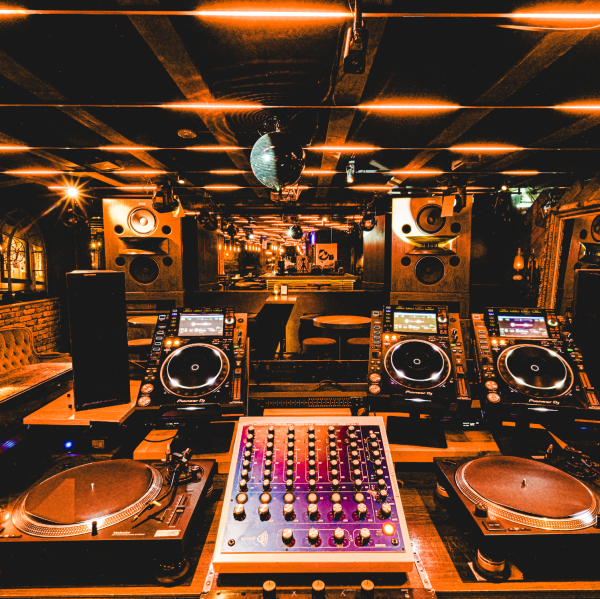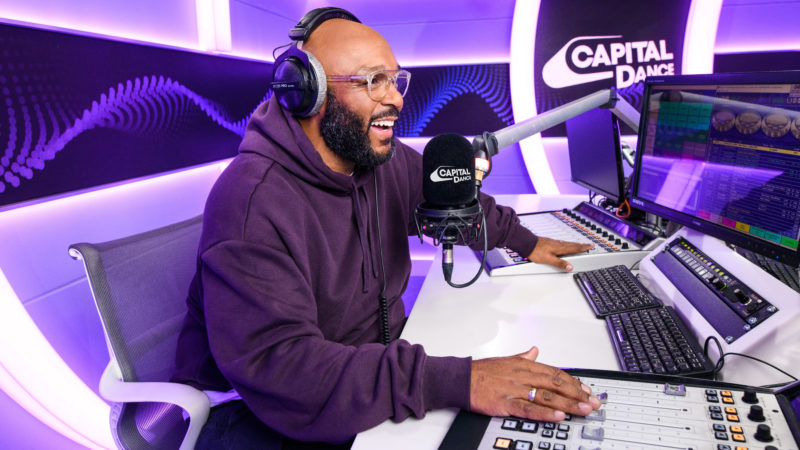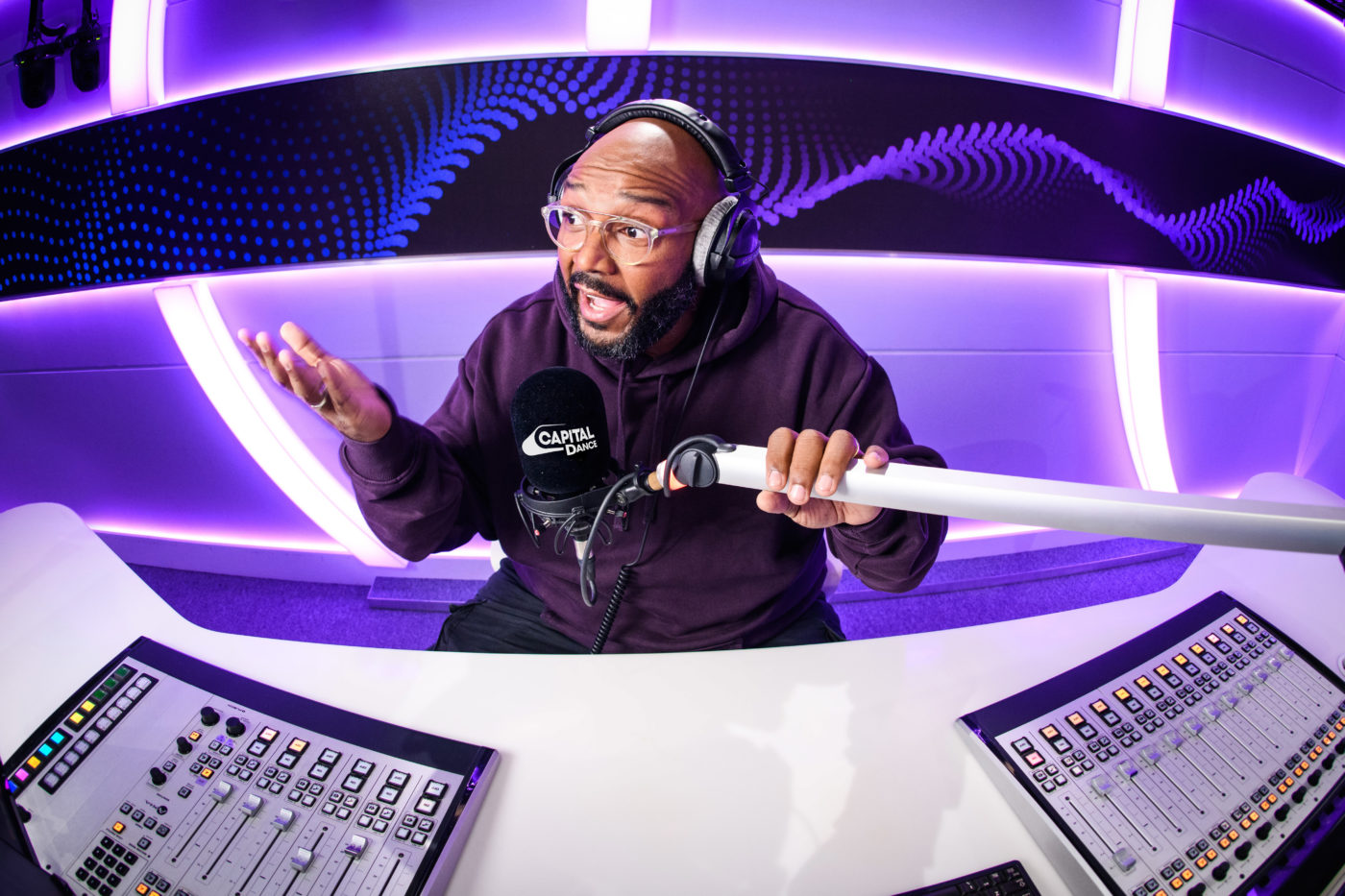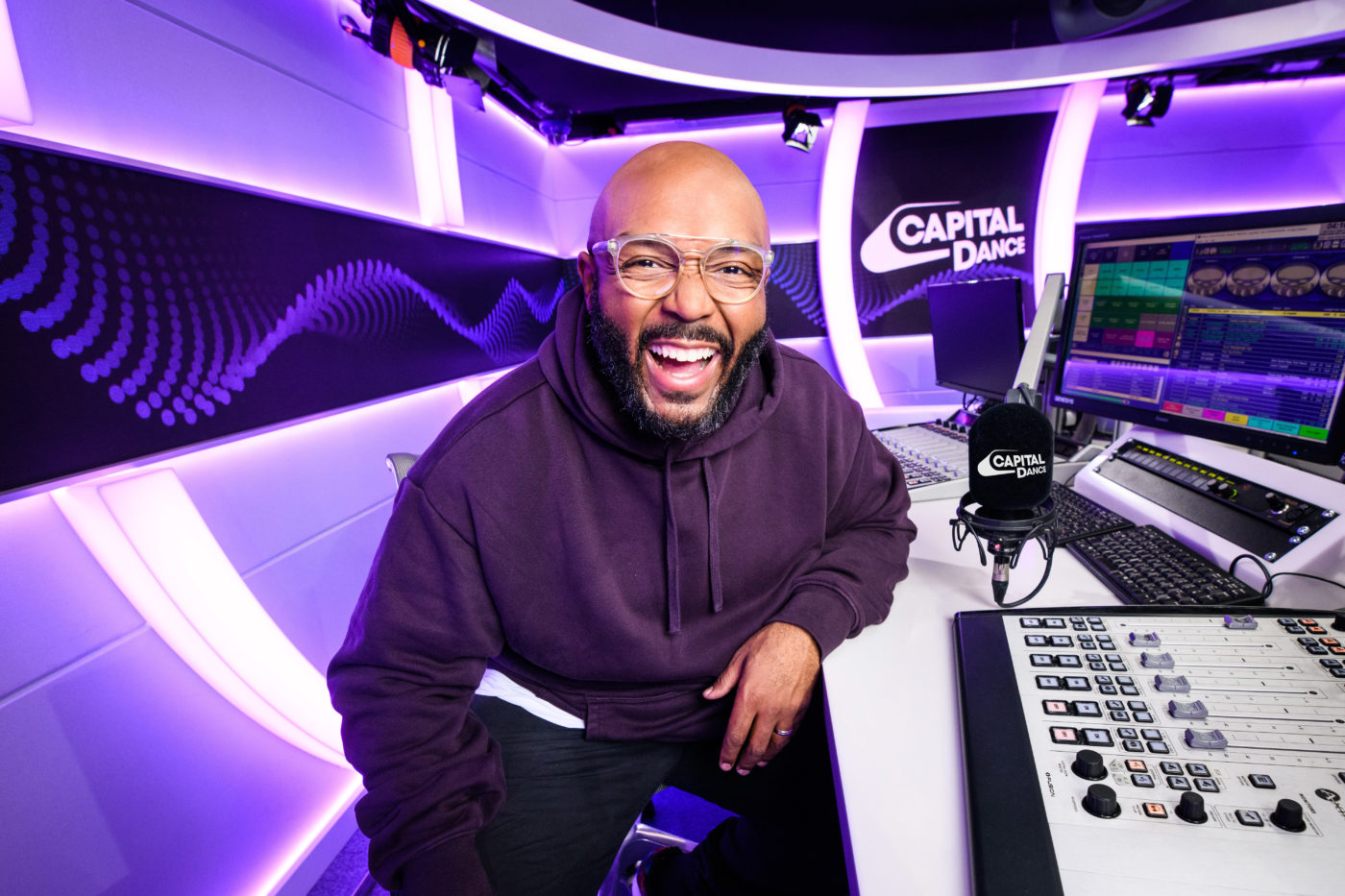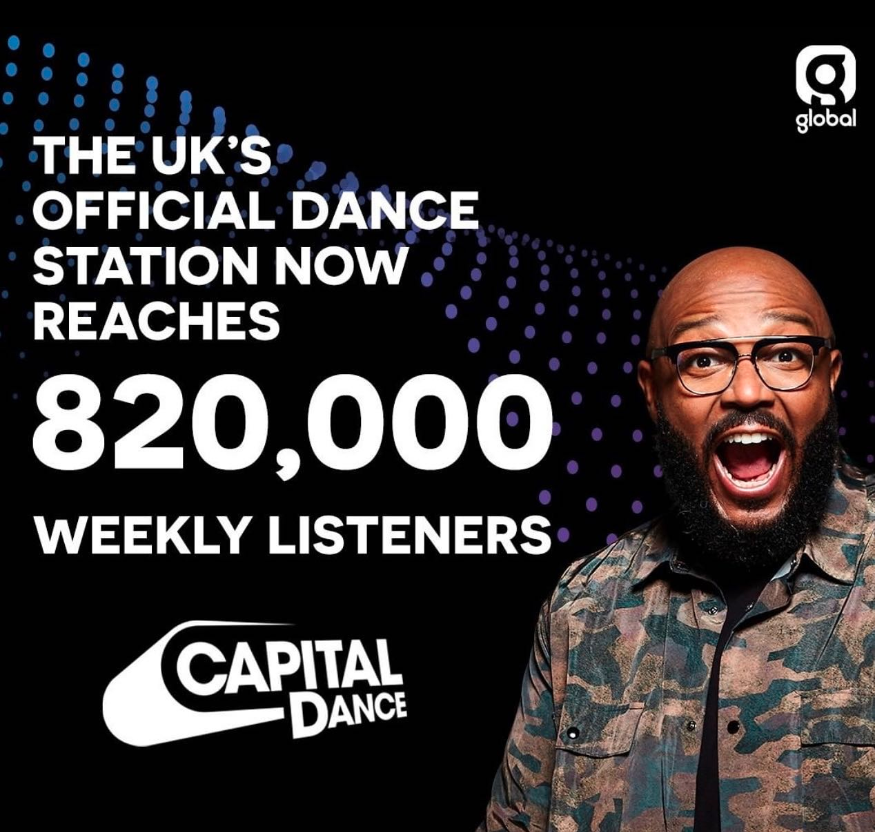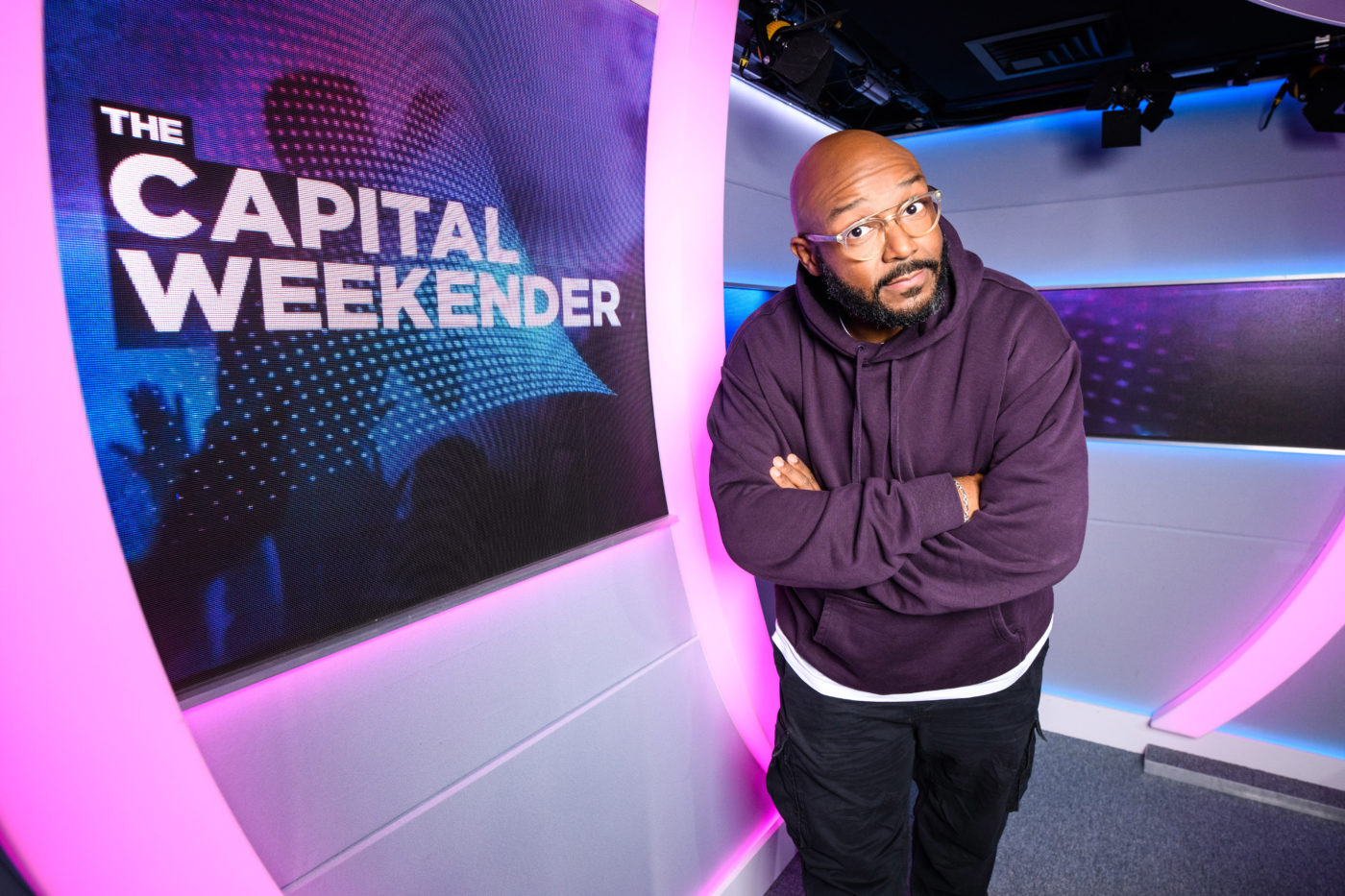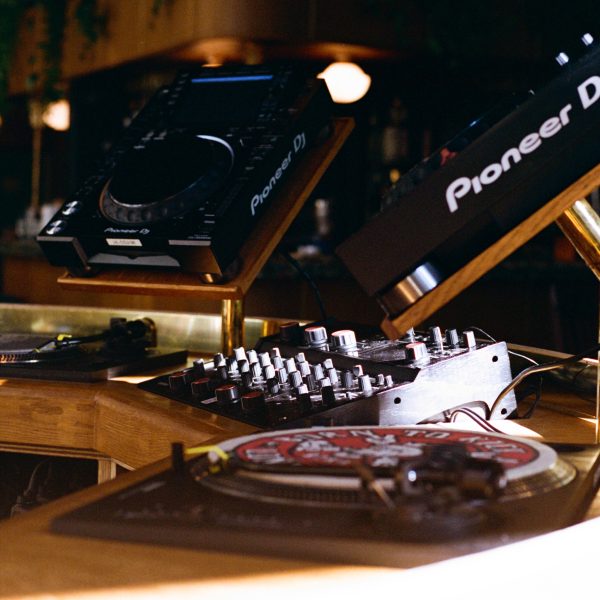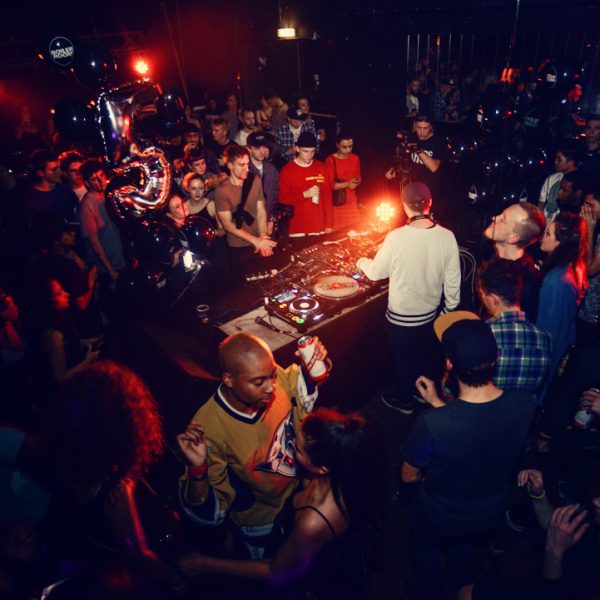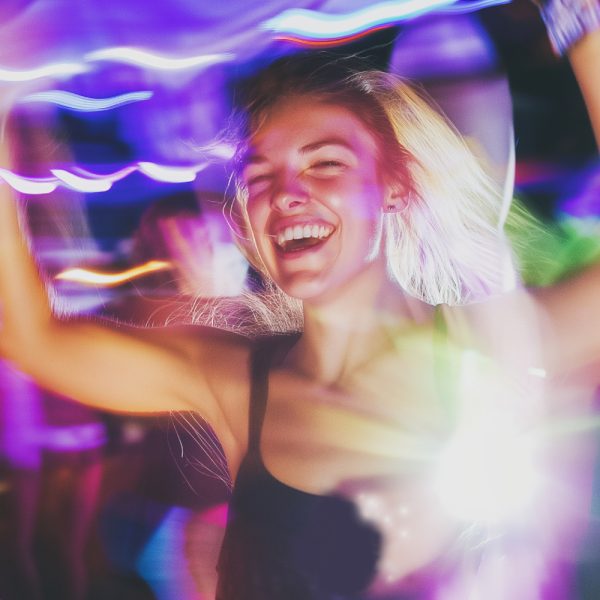How has it gone with the station so far?
I’m absolutely over the moon. The numbers are fantastic. We went from a standing start in the middle of a pandemic in October 2020 and we’re now sitting on 820,000 listeners—which from zero is ridiculous. We’ve overtaken stations that have been established for over 20 years, and it still seems to be on an upward trajectory.
What’s interesting is looking at the stats behind the people who are listening to us. There are two ways you can measure radio listening. One is your reach—how many people are listening to your station. The other is hours—how long are people staying with you. It seems we’re able to find a collection of music that means people are staying with us for the whole day in some cases. People are putting us on in the morning and turning us off at night. People are staying with us for a full show, which is completely unheard of in radio.
I’ve been trained to know that your average radio listener will listen for 15 minutes, so what can you convey in those 15 minutes? You want the listener to want to come back for more and be satisfied with those 15 minutes. But we’ve got listeners who are sticking with us for hours, and that’s across the entire schedule.
Looking at the numbers I’m over the moon. But more importantly than that, looking at feedback. The feedback from the audience, the industry, it’s been overwhelmingly positive. The negative feedback has really been about things that people expected but might not have got. So there are people who are coming to the station and saying, “You’re only playing big songs, you aren’t playing Frankie Knuckles B-sides from 1989.” But there are places for that and that isn’t what we do.
Could you talk me through the process of selecting the playlist?
There’s a number of different processes. First and foremost it hopefully starts with hearing something. There are record label and management pluggers, who I’ve had a relationship with for a number of years in different guises. We try to maintain relationships with a broad spectrum of people, from the people who are responsible for plugging—essentially selling.
A plugger’s job is to try to get the music they’re representing played. If you are an artist, a management company, a record label, you will engage with these people who will have relationships with DJs, with music programmers, with programme directors, a wide range of people both at clubs and in radio, and increasingly with people at streaming platforms. The plugger’s job is to tell you the story behind the record. This is why you should care about this artist, this is why you should care about this song, why you should listen to this song.
The process, which is what we do on a Tuesday, is I’ll listen to anything that I’ve been sent, anything that’s new, anything I might have missed. Have a look at the marketplace. We’ll see if there are songs that are being reacted to that we might have missed. Things like Shazam charts, which are a great place to discover if there’s music people are reacting to. We’ll look at streaming playlists to see if there are good radio songs.
On any average week I’m sent upwards of 300 songs. So I’ll first of all whittle those down to artists I’ve heard of, what songs are being reacted to, what songs have I heard while I’m out, what songs do we like, and most importantly, what songs do we think our audience will like. These will then be whittled down and sent to the wider playlist committee. Then the next day we sit in a room and discuss the songs that we think would work best on our radio station.
Coupled with that, we’ve also got some quite robust methods of measuring the reaction to the songs that we’re playing on the station. If our audience is particularly liking something we could increase the rotation of it. We don’t play songs once, we add songs to our playlist.
The way music radio tends to work in this country is you have a playlist and it’s split into different categories, and the categories determine how many times per day a song is played. That’s where the term rotation comes from. For us it’s important that everything that’s added to the station isn’t going to just get a single play, which is what tends to happen with a lot of other dance music shows and stations.
The top playlists are the biggest records on the station, with data to back up the fact that our audience is really liking it.
Outside looking in it seems like this process has undergone a net gain. Whereas in the past I’m guessing playlists were determined by the tastes of small, insular groups of people, it seems that these days you’re more in a dialogue with the audience.
I think this is a massive positive. Thinking about my club and festival days, which aren’t over, but thinking back to that experience… you get an instantaneous reaction from the audience. And nobody wants to be the DJ who plays the set that clears the floor. Nobody wants to be the DJ who doesn’t match the energy of the audience. It doesn’t necessarily have to be a record that they know, but it has to be something that you know they’re receptive to.
There are certain things you can do when you’re in a club to make the audience more receptive to you playing new songs—play something familiar then try out something new and have something familiar ready to go afterwards. Play them a new version of something that might have heard before. Something with elements they know.
For me, when you look at the data that comes back—and not only that, when you’re able to feel it yourself, and you get the feedback from people who are sending you DMs or an email, we’ve had handwritten letters even, then it feels like you’re building something special. It’s more than a net gain, it’s an absolute positive.
Are the artists you play on the station typically already established, like being signed to a label?
That’s an interesting question because the barrier to entry is so low, there are so many songs out there. And a lot of them are really good. But if you are someone who aspires to have that play on Capital Dance—I’m not a football man so I’m probably going to mess up this analogy, but you wouldn’t start playing football and expect to play for a Premiership team in your first season, you’d work up through the leagues.
The first thing to look for is someone who can champion you. With the advent of apps that can help you to build a fan base quite quickly it’s about getting a groundswell of momentum behind your work. The first record that you put out is not going to be your best record. But if you’re building momentum.. You build by starting small and growing.
Building your social presence, your Instagram, for artists of all genres TikTok is increasingly important. Build your Spotify profile, your Apple Music, your Deezer profile. You don’t necessarily need a record label to do any of that. But when you’ve got to the point where you’ve got all of this stuff built and you think you’ve got that song, you can go to someone like me, or send your music into Capital Dance, but one of the questions we’ll ask, which we ask of all songs is, what will you do with this once we add it to the playlist? If we add it to the playlist and you’re not continuing to help push the momentum the record isn’t really going to work on the playlist. We might have an audience here who like it, and like it on our station, but if you’re not doing things outside of that it’s not necessarily going to move the needle for you.
It’s about thinking in terms of a plan. Every release is a plan. If you’re reading this and want to get your music played on Capital Dance, get your music played on local stations first, community stations. Get that specialist DJ support, DJs who are actively going out there to find new music, new artists, to be the person who plays something first. Once you’re at that point, we’ll find you.
